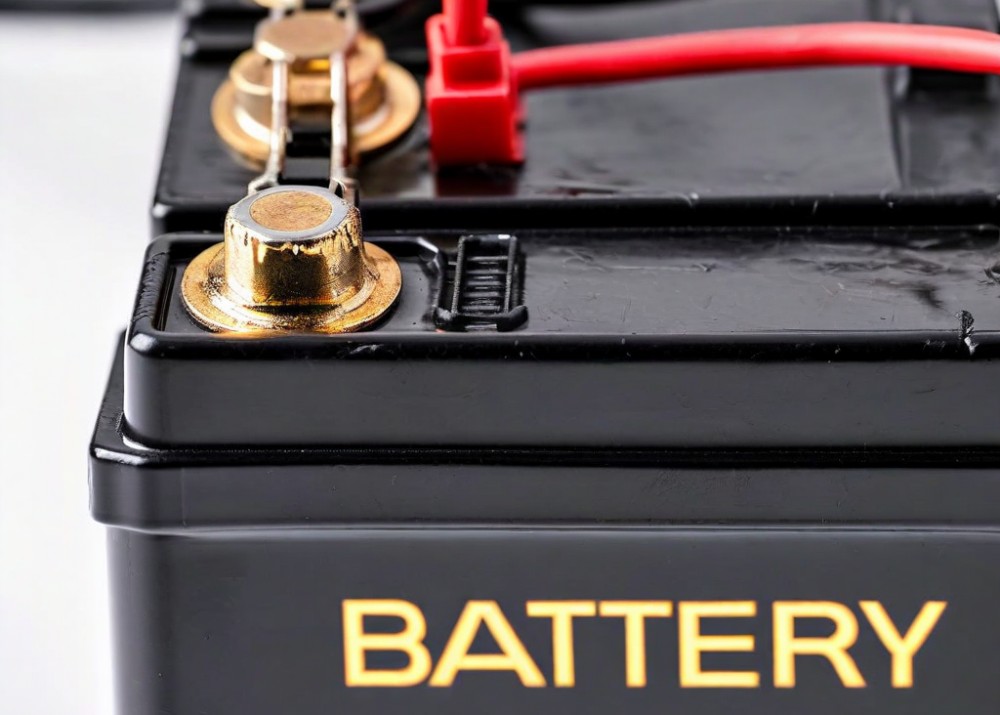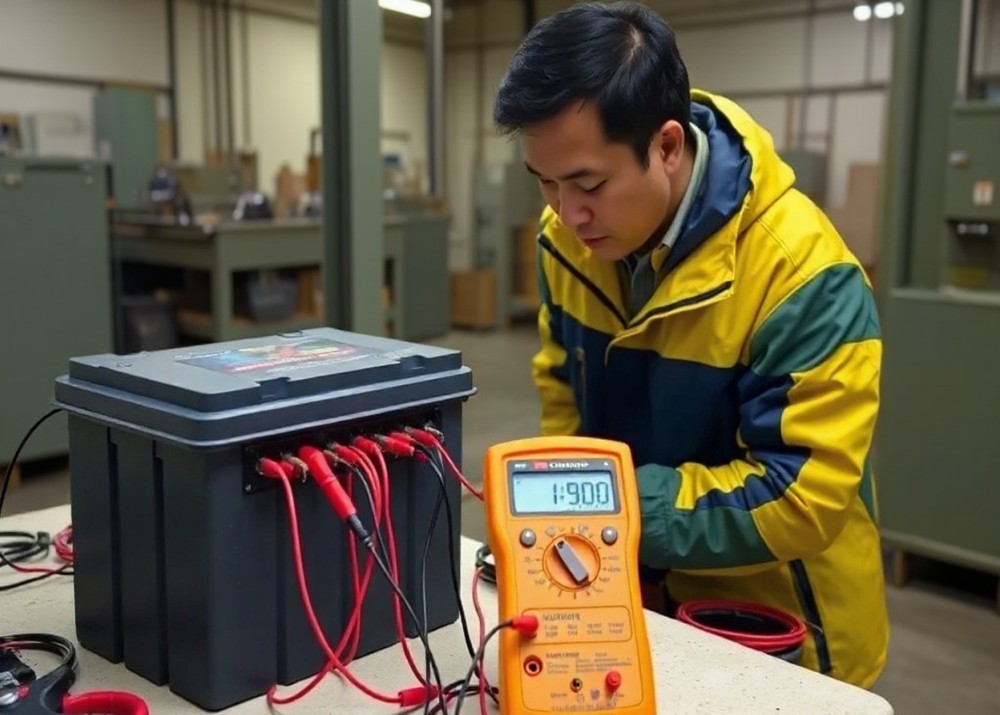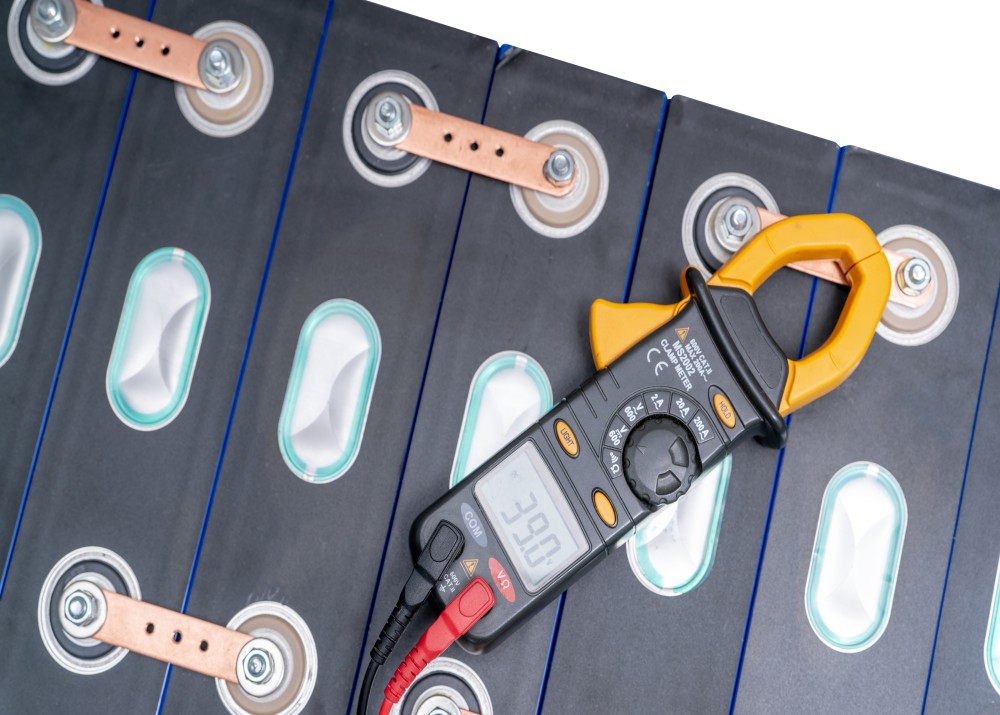Batteries are among the aspects of our modern lifestyle that energize everything from medical equipment and cell phones to cars and alternative energy. To anyone who utilizes battery technology, the measurement of capacity of the batteries is the most critical detail to give optimum performance and battery longevity. This guide explains the methods of testing battery capacity and how Fukuda Battery supports customers with quality products and services, including high-capacity Fukuda battery chargers. No matter if you use batteries in your home, office, or industrially, accurate capacity measurement is essential to reliability and efficiency.

What is Battery Capacity?
Battery capacity is the energy stored in a battery and delivered when needed. It is commonly measured as ampere-hours (Ah) or watt-hours (Wh), varying with application and battery chemistry. Nominal capacity is marked, but usable capacity will be lower depending on age, temperature, discharge rate, and battery condition. It’s the variables that allow proper battery management and functioning.
Why Measuring Capacity Is Important
Measurement of battery capacity is not only a technical job. It assists in:
- Optimizing Battery Use: Ensures that the battery is capable of fulfilling power requirements without sudden failure.
- Battery Health Monitoring: Frequent checks identify gradual capacity loss ahead of time and signal whether maintenance or replacement is necessary.
- Effective Power Planning: Particularly important in off-grid applications or backup systems.
- Choosing the Right Charger: For instance, Fukuda battery charger Singapore goods are built to meet specific battery capacities for optimal output.
- Units of Measurement: Ah vs Wh
Battery capacity is measured as:
- Ampere-Hours (Ah): Specifies the amount of current (measured in amps) a battery will deliver within an hour.
- Watt-Hours (Wh): Gives a more generic measurement which takes into account voltage and current.
Formulas:
Wh = Voltage x Ah
For example, a 12V 100Ah battery has a total capacity of 1200Wh.
Methods of Calculating Battery Capacity

1. Constant Current Method
A very common and straightforward procedure.
- Constant current loads the battery and charges it.
- Time to be discharged to cutoff voltage.
- Capacity (Ah) = Current (A) x Time (hours)
The procedure is used for most lead-acid batteries and is needed on most Fukuda battery chargers.
2. Watt-Hour (Wh) Calculation
More accurate calculation of energy capacity, especially for lithium batteries
- Calculate voltage and discharge current.
- Calculate Wh = Voltage x Current x Time
The technique considers voltage variation during discharging and is important with high drain devices and in the case of backup power supplies.
3. Constant Power Method
Used where the battery supplies a load at constant power:
- Power = Voltage x Current
- Capacity (Wh) = Power x Time
Used for devices with specified energy loads within a time.
4. Constant Resistance Method
has the battery drained across a resistor:
- Measure voltage at some reference frequency.
- Calculate power from V^2 / R, and integrate over time to estimate capacity in Wh.
More complicated but produces correct results for lab measurement.
5. mAh Capacity Method for Small Batteries
For AA cells or for small batteries that turn up in household appliances:
- Use a discharge test mode charger.
- Measure time to discharge constant current.
- Capacity (mAh) = Current (mA) x Time (hours)
Most Fukuda battery chargers have this test feature built into them, which is simpler and more accurate.
Battery Capacity of Home Backup Systems

Measurement of battery capacity is especially important to solar power systems and backup systems. Capacity planning ensures the battery has vital appliances in case of power outage. Charge equipment in the right order—like a Fukuda battery charger Singapore solution is used to ensure efficiency and extend lifespan.
Example:
- Battery: 1276 Wh
- Load: 1000 W
- Runtime = 1276 Wh / 1000 W = 1.276 hours (~1 hour 15 minutes)
Role of Fukuda Battery in Energy Management
Fukuda Battery has gained experience with battery technology and energy storage systems over decades. They don’t merely provide batteries—more than batteries, they provide:
- Advanced Charging Equipment: Like intelligent Fukuda battery chargers tailored for accurate monitoring and full charging.
- Expert Advice: Helping customers with the appropriate battery and measurement method selection for their applications.
- Custom Solutions: Fulfilling special power and capacity requirements.
Whether you’re measuring battery capacity in consumer devices, commercial fleets, or renewable systems, Fukuda Battery has the tools and support to enable you to get the most out of your investment.
Final Thoughts
Knowing how to measure battery capacity helps users maintain battery health, plan energy usage, and optimize performance. No matter the constant current or Wh calculation method, how accurate your results will be will rely on the quality of your equipment—and that includes your charger. That is why it is worthwhile to make an investment in a quality Fukuda battery charger Singapore product.
With Fukuda battery chargers you can trust, accurate measurement, and professional guidance, you can count on your battery performance no matter what application. Make Fukuda Battery your energy efficiency and battery life partner.
Check Also:- Top 3 Models of Fukuda Batteries and Its Features
 Tasselline | Latest Articles By Singaporeans, for Singaporeans Article Site for Singaporeans
Tasselline | Latest Articles By Singaporeans, for Singaporeans Article Site for Singaporeans